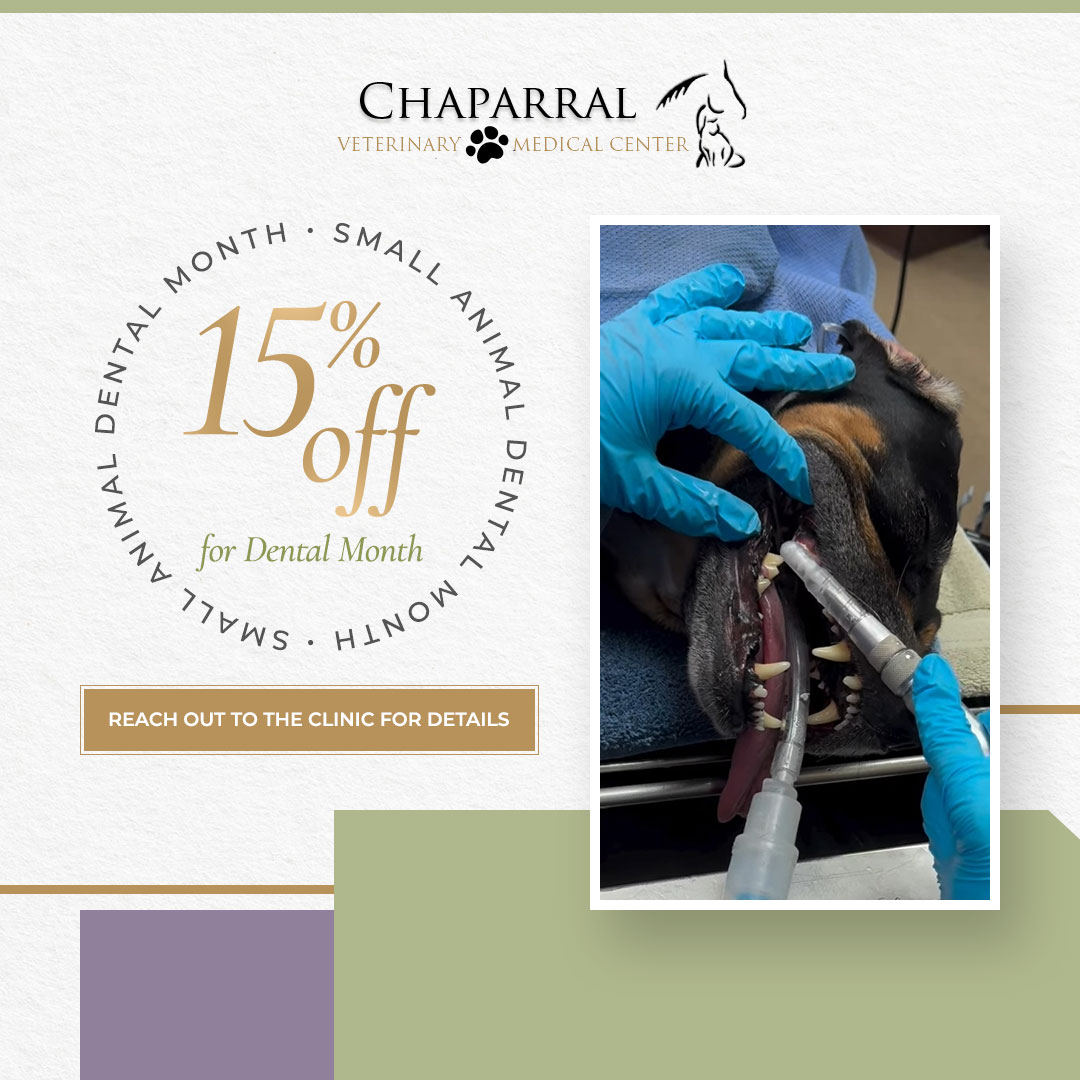Cave Creek, AZ 85331
Kitten & Cat Protocol
Kitten & Cat Protocol
Kitten/Cat Vaccine Protocol
Vaccinations
There are many diseases that can make your cat seriously ill and some that are potentially fatal. Fortunately, we have the ability to prevent many of these by using very effective vaccines. In order to be effective, these vaccines must be given at about 6-8, 12, and 16 weeks of age, but this schedule may vary somewhat depending on several factors.
The routine vaccination schedule will protect your kitten from four diseases: distemper, panleukopenal two respiratory viruses, and rabies. The first three are included in a combination vaccine that is given at 8, 12 and 16 weeks old. Rabies vaccine is given at 16 weeks of age. Leukemia vaccine in necessary if your cat does or will go outside or if you have another cat that goes in and out since this deadly disease is transmitted by contact with other cats. A vaccine is also available for protection against feline infectious peritonitis (FIP) and Feline Immunodeficiency Virus (FIV); these vaccines are not necessary for all cats and are recommended in selected situations.
The Need for a Series of Vaccinations
When the kitten nurses its mother, it receives a temporary form of immunity through its mother's milk. This immunity is in the form of proteins called antibodies. For about 24-48 hours after birth, the kitten's intestine allows absorption of these antibodies directly into the blood stream This immunity is of benefit during the first few weeks of the kitten's life, but at some point, this immunity fails and the kitten must be able to make its own long-lasting immunity. Vaccinations are used for this purpose. As long as the mother's antibodies are present, vaccinations do not "take". The mother's antibodies will neutralize the vaccine so the vaccine does not get a chance to stimulate the kitten's immune system.
Many factors determine when the kitten will be able to respond to the vaccines. These include the level of immunity in the mother cat, how much of the antibody has been absorbed, and the number of vaccines given to the kitten. Since we do not know when an individual kitten will lose the short-term immunity, we give a series of vaccinations. We hope that at least two of these will fall in the window of time when the kitten has lost the immunity from its mother but has not yet been exposed to disease. A single vaccination, even if effective, is not likely to stimulate the long-term immunity which is so important. The rabies vaccine is an exception to this, since one injection given at the proper time is enough to produce long-term immunity.
Mission Statement
"We have a commitment as a team to improve ourselves both personally and
professionally so that we may better serve our patients by providing quality
veterinary care."
Our Slogan:
"Partners for Life"
Our Motto:
"Expect Excellence"

Cards Accepted






